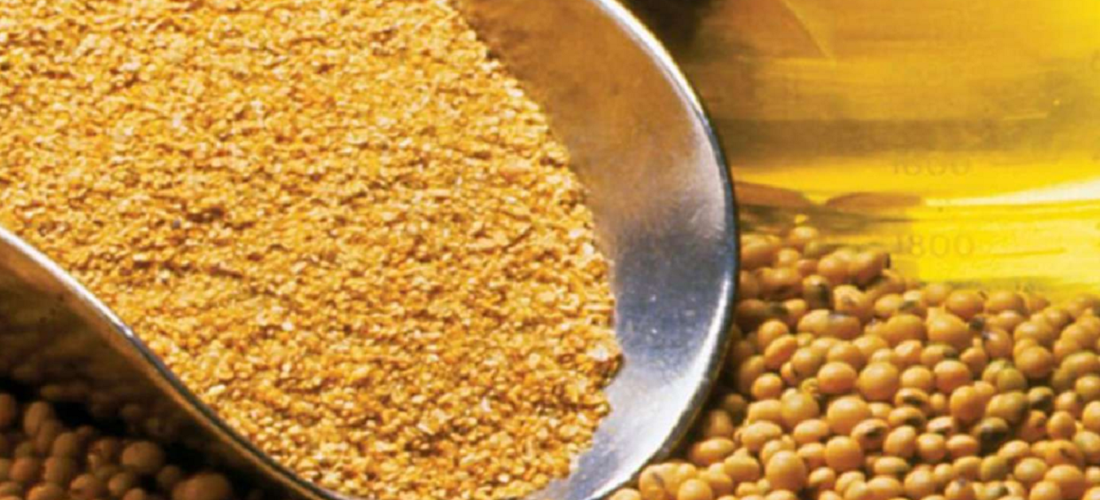
Protocol to export soybean meal from Brazil to China advances
Dec, 17, 2019 Posted by Sylvia SchandertWeek 201952
According to Abiove (Vegetable Oils Industrial Association), government authorities of Brazil and China are finalizing a protocol that establishes phytosanitary standards for Brazilian processors to export soybean meal to the Asian country.
For the president of the entity, André Nassar, the guidelines will allow companies to export and eventually compete with soybean processors in China, something that does not currently occur.
One reason for this change is that local processors see the need to increase crushing to produce more biodiesel, increasing the local biofuel mix. Thus, additional soybean meal production, a byproduct, would need new buyers.
Brazil exports much more soybeans than grains, and the industry would prefer a better balance, Nassar said. The country is expected to process 43m tons of the oilseed in 2019.
According to Abiove projections, by 2023, crushing should advance by an estimated 9m tons, as the government raises the mandatory amount of biodiesel to 15% to be blended with diesel (compared to the current 11%).
Nassar said Brazilian authorities are in advanced negotiations to conclude the phytosanitary protocol for the export of the product, although there is no set date for its announcement and implementation. A similar protocol is also in place for the sale of cottonseed meal from Brazil to China.
Today, the European Union buys about half of Brazil’s soybean meal, or 8m tons. Exports of soybeans in the country should total 72m tons this year, with about 80% going to China, according to Abiove.
Source: Reuters
-
Ports and Terminals
Jul, 02, 2024
0
Arrival of Star Lysefjord Vessek Marks Resumption of Container Operations at Port of Itajaí
-
Economy
Jan, 31, 2021
0
Brazilian trade with the Arab League nets US$ 6 bn surplus
-
Fruit
Nov, 26, 2024
0
Peru exported 12 times more pineapple in October 24 than in the same month last year
-
Ports and Terminals
Jun, 03, 2020
0
ANTAQ to start public consultations for help in leasing terminal at Fortaleza Port



